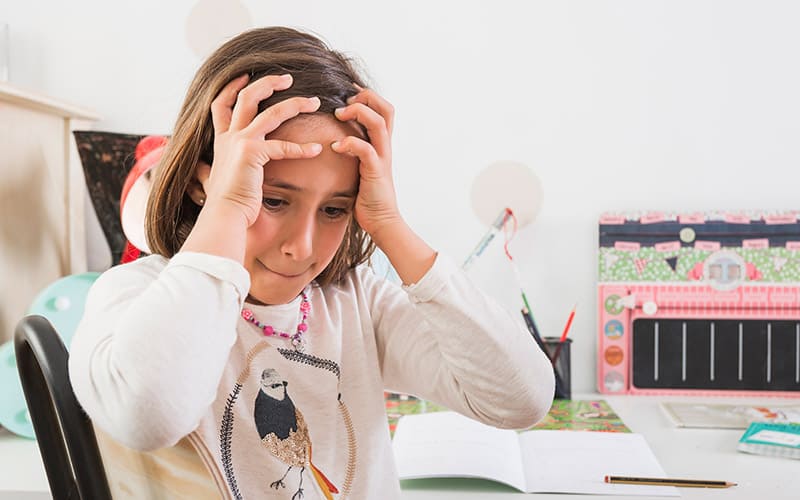Facing the challenge of school separation anxiety, this article offers practical strategies to support children in navigating this emotional hurdle, fostering resilience and comfort in the school environment.
Separation anxiety is an anxiety disorder characterized by intense fear of being apart from close individuals, such as parents or primary caregivers. In children, separation anxiety can manifest in various ways, including:
- Crying, screaming, or protesting when parents leave
- Having nightmares or night terrors about separation
- Refusing to go to school or engage in activities outside the home
- Fear of being alone or falling asleep without an adult’s company
Child Anxiety Treatment in NYC: Compassionate Care Tailored to Kids.

Separation anxiety can significantly impact a child’s life, making it challenging to adapt to school and other social activities. Children with separation anxiety may struggle to concentrate in class, make friends, or participate in extracurricular activities.
Help a child with separation anxiety at school
If your child is experiencing separation anxiety at school, here are several things you can do to help:
1. Understand Separation Anxiety
The first step in assisting a child with separation anxiety is to understand the nature of this disorder and why it occurs. Separation anxiety is a normal response to the separation from close individuals. However, in some children, this reaction is excessive or prolonged, leading to disruptions in daily life.
2. Communicate with Your Child
Open and honest communication with your child about their separation anxiety is essential. Let them know that you understand how they feel and that you are there to support them. Ask your child about their specific concerns regarding separation. Are they afraid something bad will happen to them or to you? Are they worried about what will occur at school?
Listen attentively to your child’s concerns and offer support and understanding.
3. Establish a Routine
A structured routine can help children feel more secure and prepared for transitions. Create a regular routine for the morning before school and the evening after school. This will help your child know what to expect and feel more comfortable transitioning between home and school.
4. Visit the School Together
Before the school year starts, visit the school with your child. Allow them to explore the campus and meet the staff. This familiarity with the school environment can reduce your child’s anxiety about attending.
5. Develop Separation Strategies
Gradually practice separation from your child for short periods. For instance, you can leave them at school for an hour or two initially and then gradually increase the time as your child becomes more comfortable. Additionally, providing your child with a comfort object, like a stuffed animal or a photo of you, can help them feel secure when apart from you.
6. Collaborate with School Staff
Talk to teachers and school staff about your child’s separation anxiety. They can assist in developing strategies to support your child at school.
7. Reward Brave Behavior
Recognize and reward your child’s brave behavior. For example, give them a hug, praise, or a small reward when they go to school or return home. This positive reinforcement can boost your child’s self-esteem.
8. Keep Goodbyes Brief
Extended and emotional goodbyes can exacerbate separation anxiety. Instead, offer a brief and calm farewell to ease the transition.
9. Provide Post-School Comfort
Being available to talk to your child after school about their day can help reduce anxiety. Listen to their concerns and provide emotional support.
10. Consider Professional Consultation
If your child’s separation anxiety is severe or persistent, consider seeking the advice of a mental health professional. A therapist can assist your child in developing strategies to overcome their anxiety.
Conclusion
Separation anxiety can be a challenging experience for children and their families. However, with patience, communication, and ongoing support, it is possible to help children overcome their anxiety and adapt to school life.